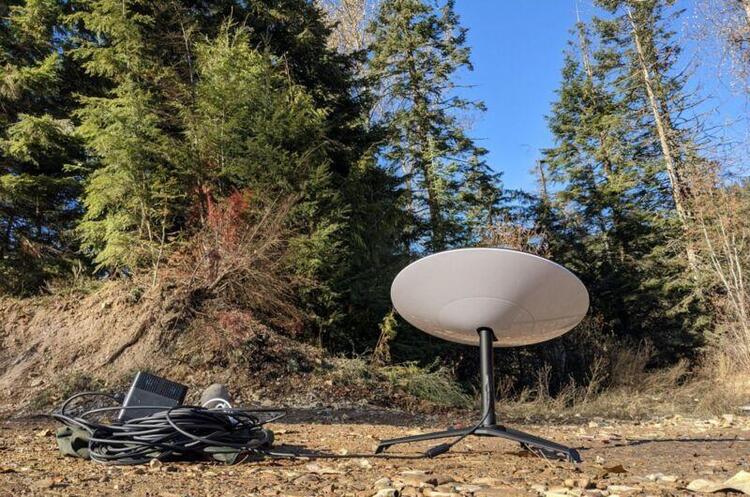Musk has limited Starlink's functions for Ukraine, which has resulted in a sharp decline in the Armed Forces' ability to conduct drone attacks
However, Ukrainians are looking for new solutions for UAVs

The Armed Forces of Ukraine have faced sophisticated electronic warfare (EW) systems that Russian troops use against Ukrainian drones.
The Economist reports this with reference to a source in the Ukrainian defense industry.
According to the source, only a few types of military systems work against Russian electronic warfare systems: "They (Russians) use 'black magic' in electromagnetic defense. They can jam frequencies, falsify GPS coordinates, send a drone to the wrong altitude, so it just falls out of the sky." All of this prevents reconnaissance drones from seeing the situation further than 15 kilometers behind Russian positions, confirmed an expert familiar with the work of the Ukrainian Armed Forces' drones.
At an early stage, the Ukrainians pinned their hopes on controlling the drones behind the Russian lines using Elon Musk's Starlink satellites, which operate on frequencies that are difficult for Russian systems to jam.
An attack in October by Ukrainian drones on Russian Black Sea Fleet ships in Sevastopol successfully exploited this opportunity.
However, Musk, concerned about the possible consequences of such steps, decided to intervene. Starlink now uses geofences to block the use of its terminals not only over the occupied territories of Ukraine, but also, according to a source in Ukrainian military intelligence, over water and in situations where the terminal is moving at speeds of more than 100 km per hour.
"You put it on a boat in the sea, and it (the terminal) will simply stop working," the source said.
Ukrainian drone developers are now using other, more expensive communication systems, often with multiple systems on one vehicle.
The attacks on February 28, when the drones were found deep behind Russian lines, show that Ukraine is close to an effective solution.
Background. As a reminder, Ukrainian Starlink won a lawsuit against Elon Musk's SpaceX.
If you have read this article to the end, we hope that means it was useful for you.
We work to ensure that our journalistic and analytical work is of high quality, and we strive to perform it as competently as possible. This also requires financial independence. Support us for only UAH 196 per month.
Become a Mind subscriber for just USD 5 per month and support the development of independent business journalism!
You can unsubscribe at any time in your LIQPAY account or by sending us an email: [email protected]



